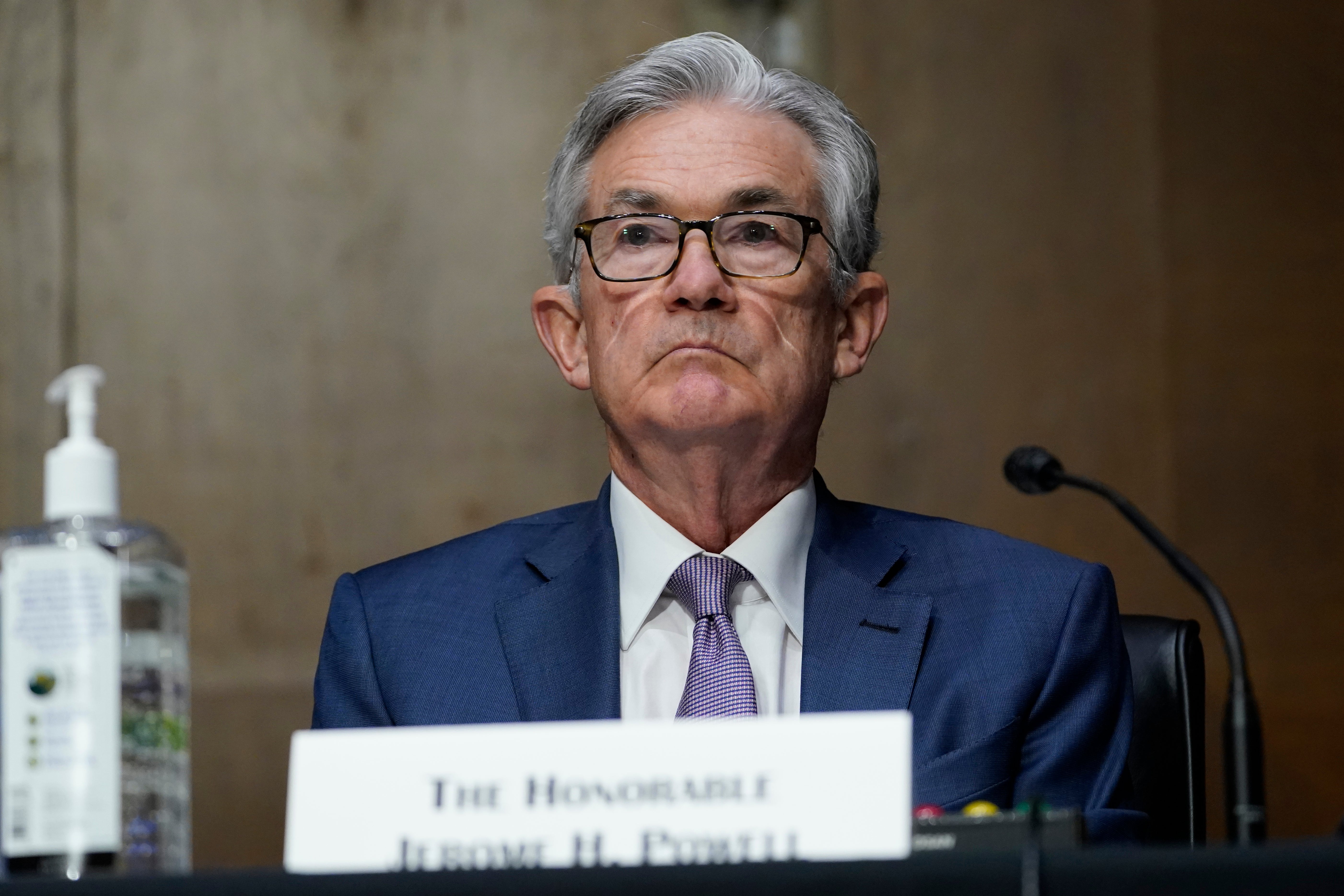Federal Reserve survey sees economy growing at faster pace
The Federal Reserve is reporting that that the U.S. economy grew at a somewhat faster pace in April and May despite disruptions that choked supplies to the nations manufacturers

Your support helps us to tell the story
From reproductive rights to climate change to Big Tech, The Independent is on the ground when the story is developing. Whether it's investigating the financials of Elon Musk's pro-Trump PAC or producing our latest documentary, 'The A Word', which shines a light on the American women fighting for reproductive rights, we know how important it is to parse out the facts from the messaging.
At such a critical moment in US history, we need reporters on the ground. Your donation allows us to keep sending journalists to speak to both sides of the story.
The Independent is trusted by Americans across the entire political spectrum. And unlike many other quality news outlets, we choose not to lock Americans out of our reporting and analysis with paywalls. We believe quality journalism should be available to everyone, paid for by those who can afford it.
Your support makes all the difference.The U.S. economy grew at a somewhat faster pace in April and May despite disruptions that choked supplies to the nations manufacturers, the Federal Reserve reported Wednesday.
In the Fed's latest survey of economic conditions around the nation, several of the central bank's districts reported increased vaccination rates and relaxed social-distancing measures were having a positive impact on the economy. But offsetting those gains were economic headwinds coming from supply-chain problems.
The Fed's report, known as the beige book, is based on surveys conducted by the Fed's 12 regional banks from early April to late May. The information will form the basis of discussion when Fed policymakers meet on June 15-16 to decide the future course of interest rates.
Most analysts believe that, based on the comments of Fed Chairman Jerome Powell and other Fed officials, the central bank will leave rates where they have been for the past year at a record low of 0% to 0.25% as the central bank continues to promote a strong rebound from the pandemic-triggered recession.